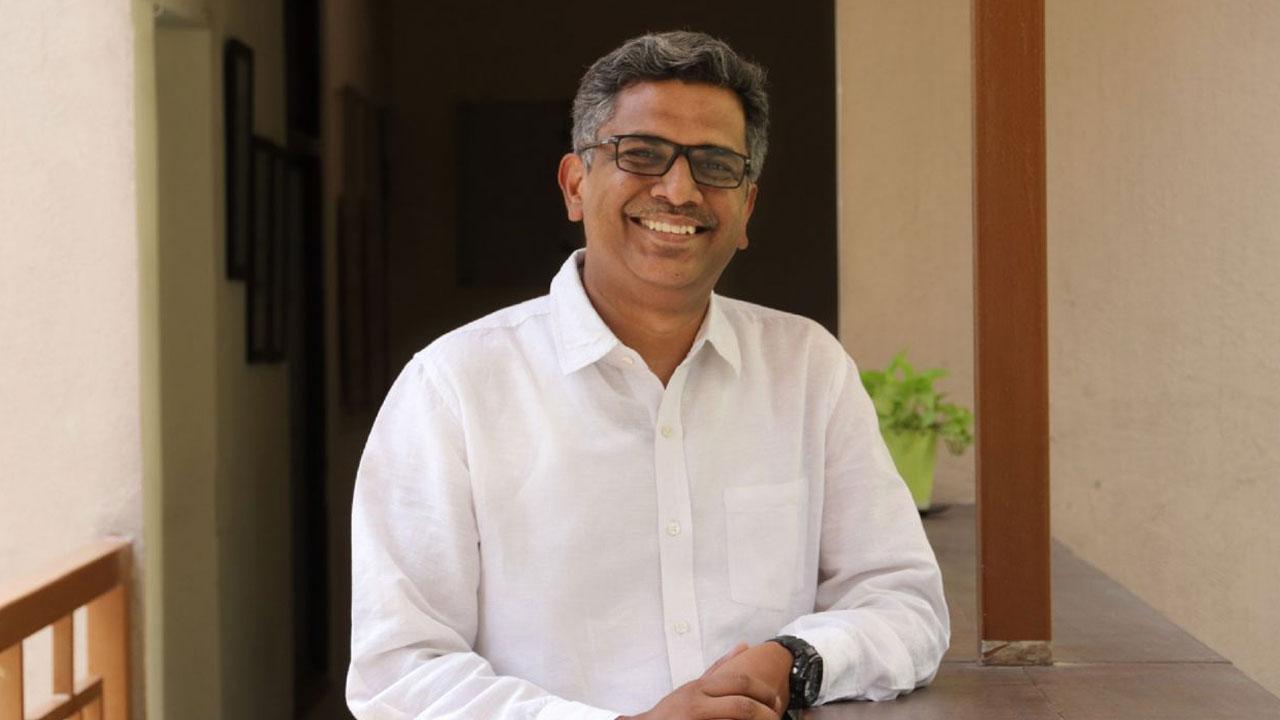These risks underline the urgent need for long-term strategies to safeguard our very fragile ecosystems.

Manu Gupta, Head, SEEDS
The just released World Economic Forum (WEF) Global Risks Report 2025 lists severe extreme weather events second - after the threat of misinformation and disinformation.
Environmental risks are projected to intensify over the next decade, with extreme weather, biodiversity loss, and disruptions to Earth's systems emerging as the most severe challenges. These risks underline the urgent need for long-term strategies to safeguard our very fragile ecosystems. The WEF report offers critical insights into the most consequential risks facing the world over the next two years and beyond.
Almost as if on cue – the first month of 2025 unfolded with vivid images of unforgiving, hungry flames that seared through Southern California. Any disaster brings with it a sense of loss and hopelessness. While the visuals from America capture global media attention, they also raise universal questions about what could have been prevented through collective and timely local action. The Sendai Framework for Disaster Risk Reduction, signed by Heads of State and Governments in 2015, calls it the ‘All of Society’ approach.
As SEEDS turns 31, we view the scenes from Los Angeles, the ‘City of Angels,' and home to celebrities – with the same lens that we have done for the 57 emergencies - humanitarian distress where the agency and dignity of people affected become a priority, and where collective action by governments, civil society actors and markets can build lasting resilience. India has witnessed the devastation of huge magnitudes, such as the 2001 earthquake in Gujarat, the Indian Ocean Tsunami in 2004, the floods in 2008, and many more. The partnerships forged between institutions, multilateral agencies, communities, and civil society have been instrumental in the spectacular recovery of affected communities, bringing in a paradigm shift in the disaster management framework in India.
Check out the WEF Global Risks report at - weforum.org/publications/global-risks-report-2025
The change was triggered by ensuring communities participated at every step. At ground zero after the Gujarat earthquake in Patnaka, SEEDS partnered with 250 earthquake-affected families for recovery efforts. Working on the principles of owner-driven recovery, SEEDS enabled each household to design and contribute to reconstructing their homes. As an external agency, our role was limited to providing technical support and seed capital. We have shared these learnings with organizations around the world, and we continue to evolve with each successive experience.
Listening to affected communities and building a shared vision is probably the only way to build resilience to climate impacts. From the moment our teams arrive on the ground, we assess the situation by consulting with the affected communities. We work together with them to explore possibilities for sustainable solutions that they can take ownership of. We blend local knowledge and resources with technology and lessons from other disasters.
In the north-eastern Indian State of Assam, shorter and heavier periods of rainfall are leading to three episodes of flooding in one season. Bottom-up partnerships through grassroots networks are the fastest way to reach a desired level of equity and inclusiveness to aggregate humanitarian action. Institutionalizing voices, knowledge, and wisdom and converting that to need-based partnerships help communities overcome their sense of helplessness.
From responding to emergencies to building a network of grassroots organizations, academic advisors, donors, and private sector providers is the fulcrum of SEEDS’ work today at the intersection of disasters and climate change. How can all ‘All of Society’ take proactive steps to build partnerships that are ready and enabled to step up during such catastrophic incidents?
As the world heats up, collective action by countries both in the global north and south has the power to unleash energies at an unprecedented scale. According to the WEF Global Risks Report 2025, the number of extreme climate-induced emergencies is expected to continue increasing in the immediate and foreseeable future. This will keep policymakers on their toes, even as vulnerable communities bear the brunt of cycles of loss and damage. SEEDS has stepped up its work collectively with governments, humanitarian networks, and affected communities to find solutions for climate resilience that are future-ready. With the evidence on future scenarios clearly visible, we must accelerate efforts to get ahead of the curve. This would require disruptive and drastic innovation in our approaches to better Anticipate, Survive, Recover, Adapt, and Thrive. The growing sense of societal fragmentation due to inequality, such as societal polarisation, involuntary migration or displacement, and the erosion of human rights and/ or civic freedoms highlighted in the report underscore the very need to keep the well-being of communities at the center of all our actions.
The article is written by Manu Gupta, Head, SEEDS India
 Subscribe today by clicking the link and stay updated with the latest news!" Click here!
Subscribe today by clicking the link and stay updated with the latest news!" Click here!








